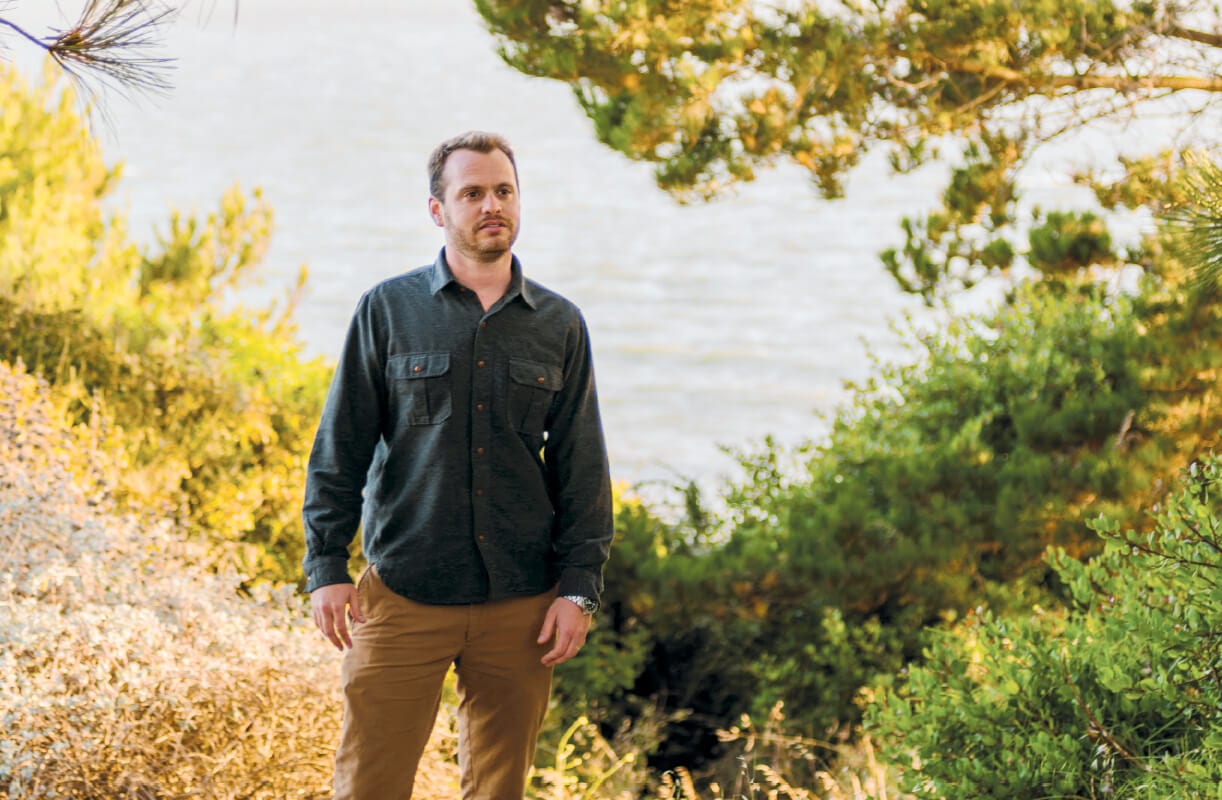
Noah Deich wants to speed up climate action. His vision? Scrub carbon from the air—and make a big business out of it.
Deich co-founded Carbon180, an NGO that champions carbon-removal solutions three ways: by convening scientists seeking solutions, lobbying policy makers, and hosting an accelerator for carbontech entrepreneurs whose innovations turn trapped carbon into valuable commodities, such as fuels, animal feed, fertilizers, and diamonds. Waste CO2 emissions, for example, can be injected into concrete during mixing, reducing the carbon impact from cement, the world’s second-largest industrial source of CO2. Sequestering carbon in soil can make agriculture more profitable.
A McKinsey study found that industrial carbontech solutions can remove an estimated 10% of global carbon dioxide emissions. Carbon180 estimates the annual market for carbontech would be $1 trillion nationwide and nearly $6 trillion worldwide if waste carbon was used in all products currently using fossil fuels as an input.
Before earning his MBA, Deich spent nearly a decade consulting for commercial, government, and nonprofit clients on energy and environmental policy. He came to Haas to gain the acumen to make economy-wide transformational progress. “What motivates policymakers are jobs and the economy,” Deich says. “We want to help them explore how the economy of the future could include carbon sequestration and clean energy.”
On a local level, Deich advocates spreading awareness. “Everything from the food we eat to the clothes we wear can be grown in a way, essentially, that sequesters carbon,” he says. “There’s an opportunity to start dialogues and encourage the people who are ultimately selling products that this is important to their customers.”